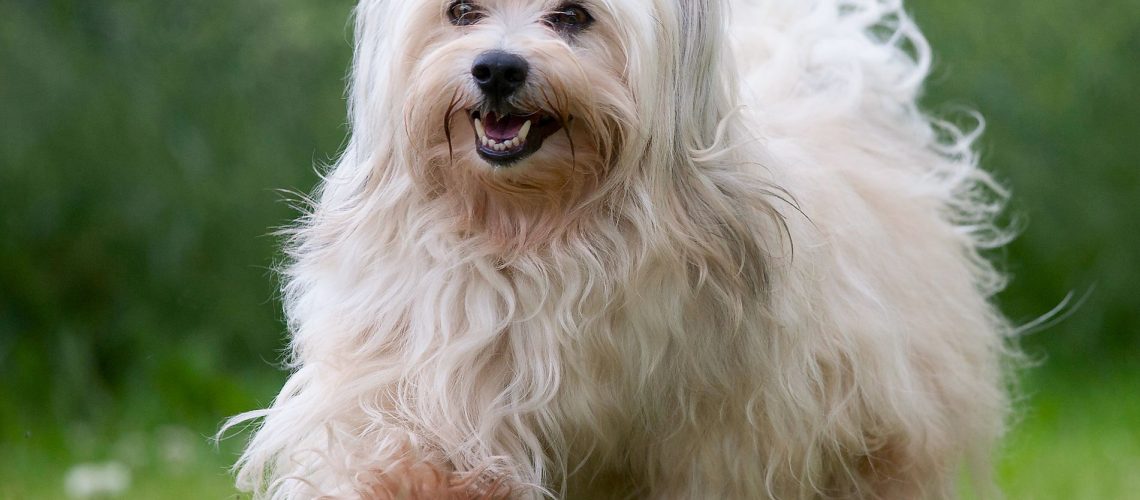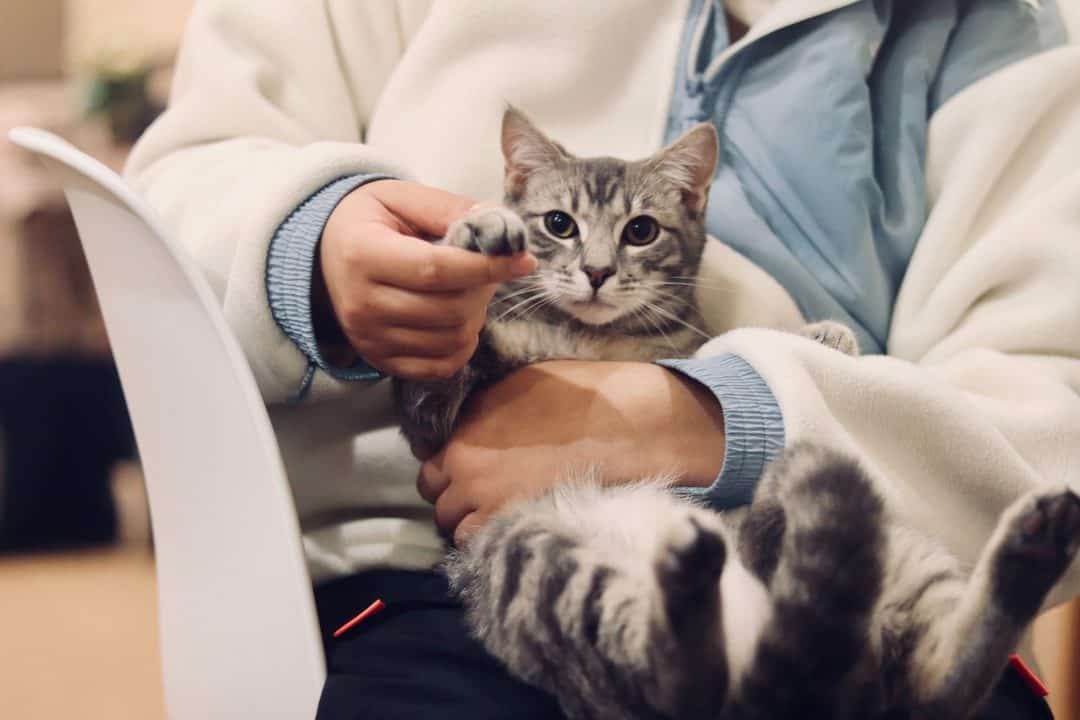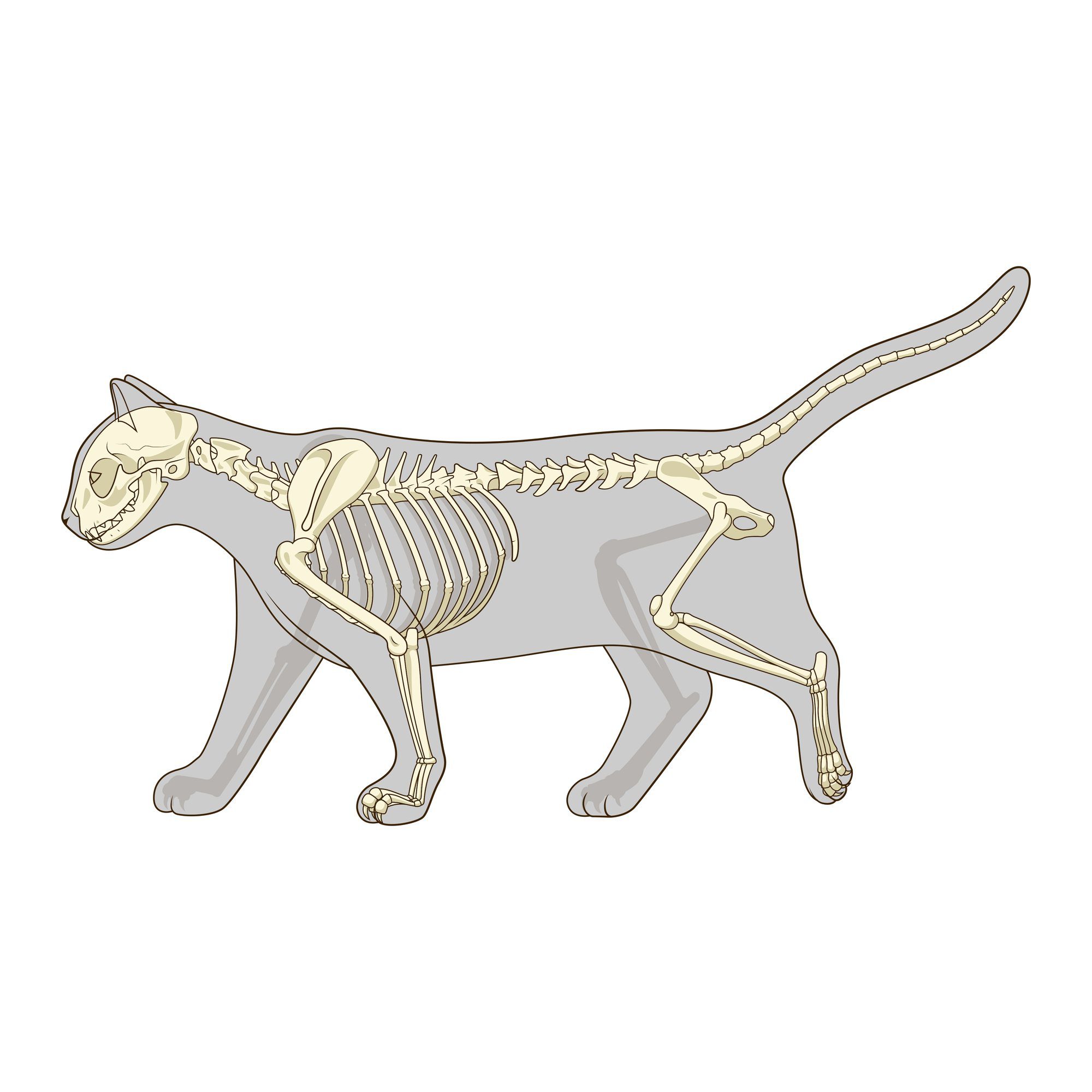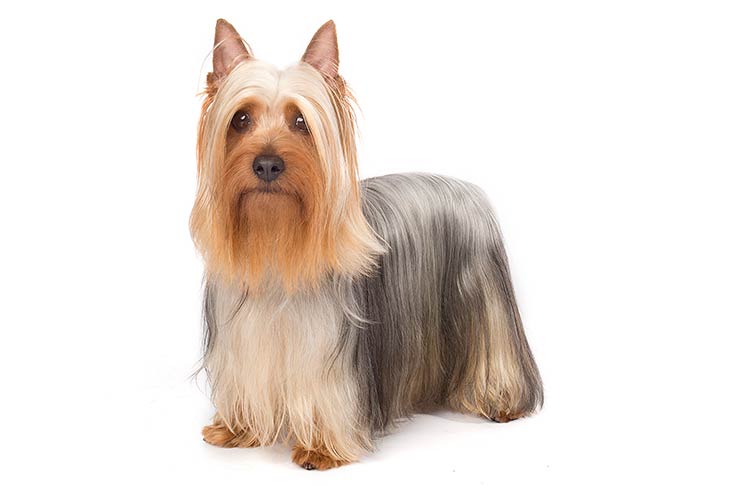Key Takeaways:
- Havanese dogs are small in size, typically weighing between 7-13 pounds.
- They have a friendly and sociable nature, making them great companions for families and individuals.
- Havanese dogs require regular grooming to maintain their long, silky coat, which can easily become tangled if not properly cared for.
- Regular exercise is important for Havanese dogs to prevent obesity and keep them mentally stimulated.
- Havanese dogs are generally healthy but may be prone to certain genetic health issues such as hip dysplasia and progressive retinal atrophy. Regular vet check-ups are essential for their overall well-being.
Are you ready to embark on a journey into the world of Havanese dogs? These adorable and affectionate creatures are more than just your average pet. Understanding their unique characteristics and how to properly care for them can bring immense joy and fulfillment to your life. Whether you're a dog lover looking for a new addition to your family or simply curious about this delightful breed, delving into the subject of Havanese dogs will open up a world of knowledge and endless possibilities. So, get ready to discover the wonders of Havanese: Dog Breed Characteristics & Care, and unlock the secrets to creating an unbreakable bond with these furry companions.
What is a Havanese Dog and What Makes it Special?
Havanese dogs are a small breed known for their friendly and affectionate nature. They are often referred to as "velcro dogs" because they love being with their owners and will follow them around the house. Havanese dogs have a unique coat that is soft, silky, and hypoallergenic, which means they are less likely to cause allergies in people who are sensitive to pet dander.
One special trait of Havanese dogs is their adaptability. They can thrive in various living situations, whether it's an apartment in the city or a house in the suburbs. They are also highly trainable and eager to please, making them great companions for families or individuals looking for a loyal and obedient pet.
Size and Lifespan of Havanese Dogs
Havanese dogs are small-sized breeds that typically weigh between 7 to 13 pounds when fully grown. They stand about 8 to 11 inches tall at the shoulder. Despite their small size, Havanese dogs have a sturdy build with strong bones.
In terms of lifespan, Havanese dogs generally live for around 12 to 15 years if they receive proper care and nutrition. However, some Havanese dogs have been known to live even longer with good health management.
Grooming Needs for Havanese Dogs: Why It's Important
Grooming plays a crucial role in maintaining the health and appearance of Havanese dogs. Their long, silky coats require regular brushing to prevent matting and tangling. Regular grooming sessions also help distribute natural oils throughout their fur, keeping it healthy and shiny.
In addition to brushing, Havanese dogs need regular bathing to keep their coat clean and free from dirt and debris. It's important to use dog-specific shampoo and conditioner to avoid skin irritation. Trimming their nails, cleaning their ears, and brushing their teeth are also essential parts of a Havanese dog's grooming routine.
Havanese Dogs: Are They Good with Kids and Other Pets?
Havanese dogs are known for being gentle and friendly, making them excellent companions for children. They have a patient nature and can tolerate the playful antics of kids. However, it's crucial to supervise interactions between young children and dogs to ensure both parties are safe.
When it comes to other pets, Havanese dogs generally get along well with other animals if they are properly socialized from a young age. With proper introductions and gradual acclimation, Havanese dogs can become friends with cats, other dogs, or even smaller pets like rabbits or guinea pigs.
Daily Exercise for Havanese Dogs: What You Need to Know
Havanese dogs have moderate exercise needs that can be met with daily walks, playtime in the yard, or interactive indoor games. They enjoy mental stimulation as much as physical activity, so puzzle toys or training sessions can help keep them engaged.
It's important not to overexert Havanese dogs due to their small size and delicate structure. Shorter walks multiple times a day are preferable over one long walk. Remember to adjust the intensity of exercise based on your individual dog's age and health condition.
Potential Health Issues in Havanese Dogs: Prevention and Management
Like all breeds, Havanese dogs may be prone to certain health issues. It's essential for owners to be aware of these potential problems so they can take preventive measures or seek early treatment if necessary.
Some common health issues in Havanese dogs include:
- Progressive retinal atrophy (PRA): a genetic eye disease that can lead to blindness.
- Patellar luxation: a condition where the kneecap dislocates from its normal position.
- Heart murmurs: abnormal heart sounds that may indicate an underlying heart problem.
To prevent or manage these health issues, regular veterinary check-ups, a balanced diet, and appropriate exercise are essential. Genetic testing before breeding can also help reduce the risk of passing on certain hereditary conditions.
Tips for Training a Havanese Dog: Housebreaking and Basic Commands
Havanese dogs are intelligent and eager to please, making them relatively easy to train. Here are some tips for housebreaking and teaching basic commands:
Housebreaking:
- Create a consistent routine for bathroom breaks, such as after meals or waking up from naps.
- Take your Havanese dog to the designated potty area outside and reward them with treats or praise when they eliminate there.
- If accidents happen indoors, clean them up without scolding your dog. Focus on positive reinforcement for desired behavior instead.
Basic Commands:
- Start with simple commands like "sit" and "stay." Use treats as rewards and repeat the command while gently guiding your dog into the desired position.
- Be patient and consistent with training sessions. Keep them short but frequent to maintain your dog's focus and enthusiasm.
- Use positive reinforcement techniques such as treats, praise, or playtime to motivate and reward your Havanese dog for obeying commands.
Remember, training is an ongoing process, and consistency is key. With patience and positive reinforcement, your Havanese dog can learn a variety of commands and behaviors.
In conclusion, Havanese dogs are small, friendly, and intelligent pets that require regular grooming and exercise. They make great companions for families and individuals who are willing to provide them with love, attention, and proper care.
Are Havanese dogs high maintenance?
Keeping a Havanese dog in full coat requires daily grooming due to their high maintenance needs. Their hair can grow up to eight inches in length, so daily brushing and weekly baths are necessary to keep their coat in good condition.
What do I need to know about owning a Havanese?
Havanese dogs have minimal shedding and drooling. Their small size makes them suitable for both urban and rural environments, and they are always eager to accompany their owners wherever they go. However, it is important to note that Havanese dogs are known for being quite vocal.
Are Havanese dogs easy to take care of?
Caring for your Havanese dog doesn't require constant attention, but it does involve some effort. Regular brushing and grooming are necessary, along with annual trips to the vet for vaccinations and check-ups. Basic puppy obedience training is also recommended, and Havanese dogs need a moderate amount of exercise.
Are Havanese good for seniors?
The Havanese breed is a great option for seniors, families, or anyone seeking a loyal companion. Despite being energetic, the Havanese doesn't require excessive exercise and typically gets enough physical activity by simply playing around the house.
Do Havanese attach to one person?
The Havanese breed of dog forms strong emotional bonds with their owners and are extremely loyal. They often become particularly attached to one person and will closely follow them. The Havanese does not do well being left alone for long periods of time.
Can a Havanese be left alone during the day?
The amount of time a Havanese dog can be left alone will differ for each individual dog. Some dogs may be comfortable being alone for several hours, while others may have difficulty being alone for more than 30 minutes. However, as a general guideline, it is recommended to avoid leaving your dog home alone for more than 3 hours.

















